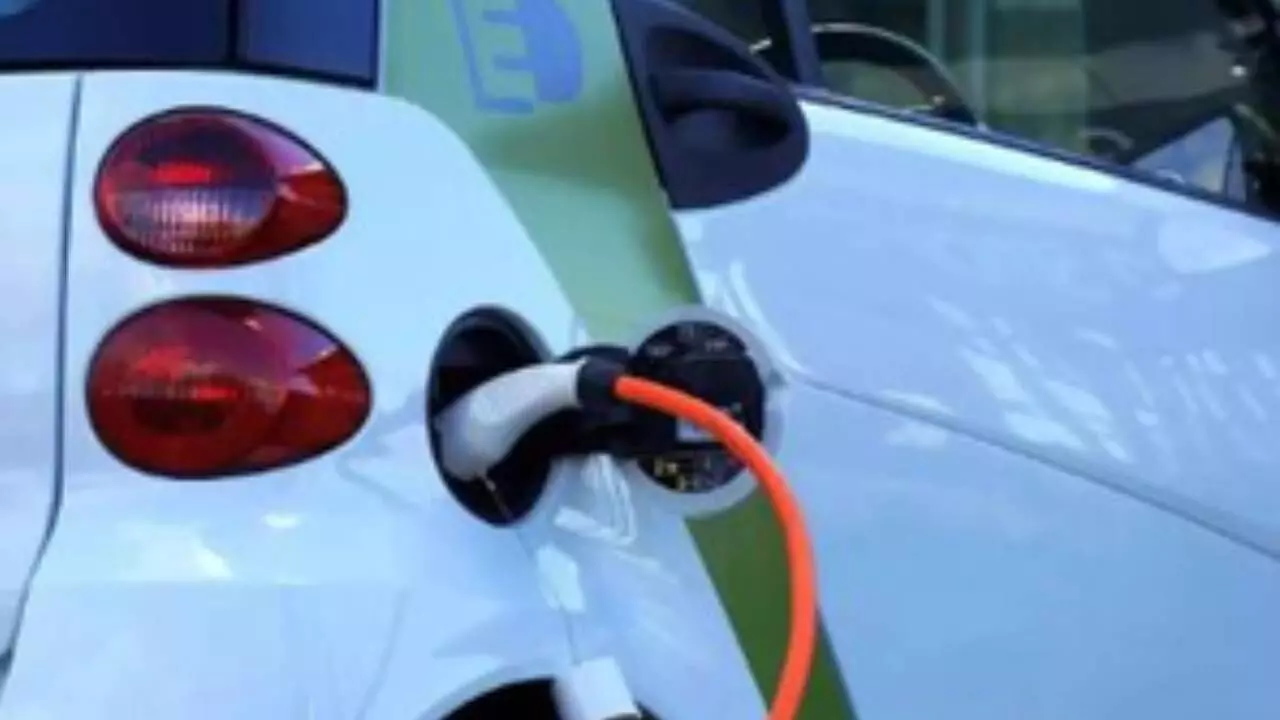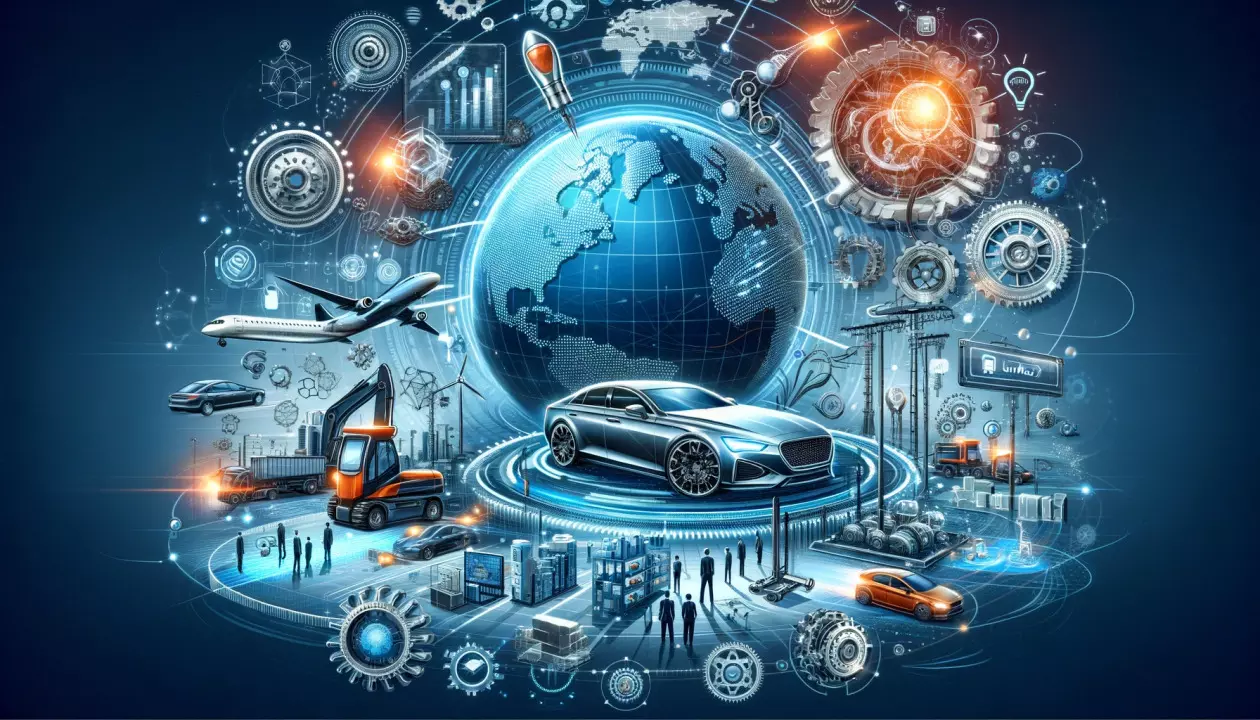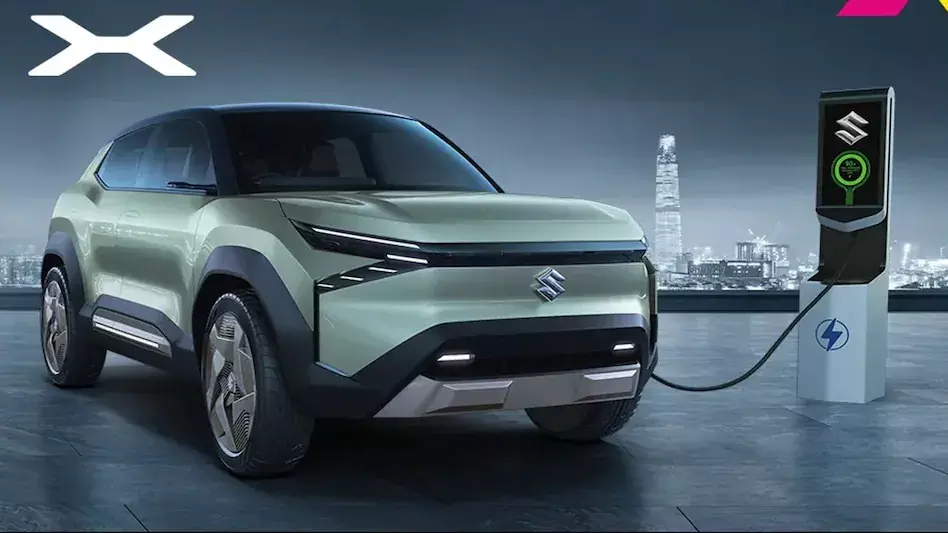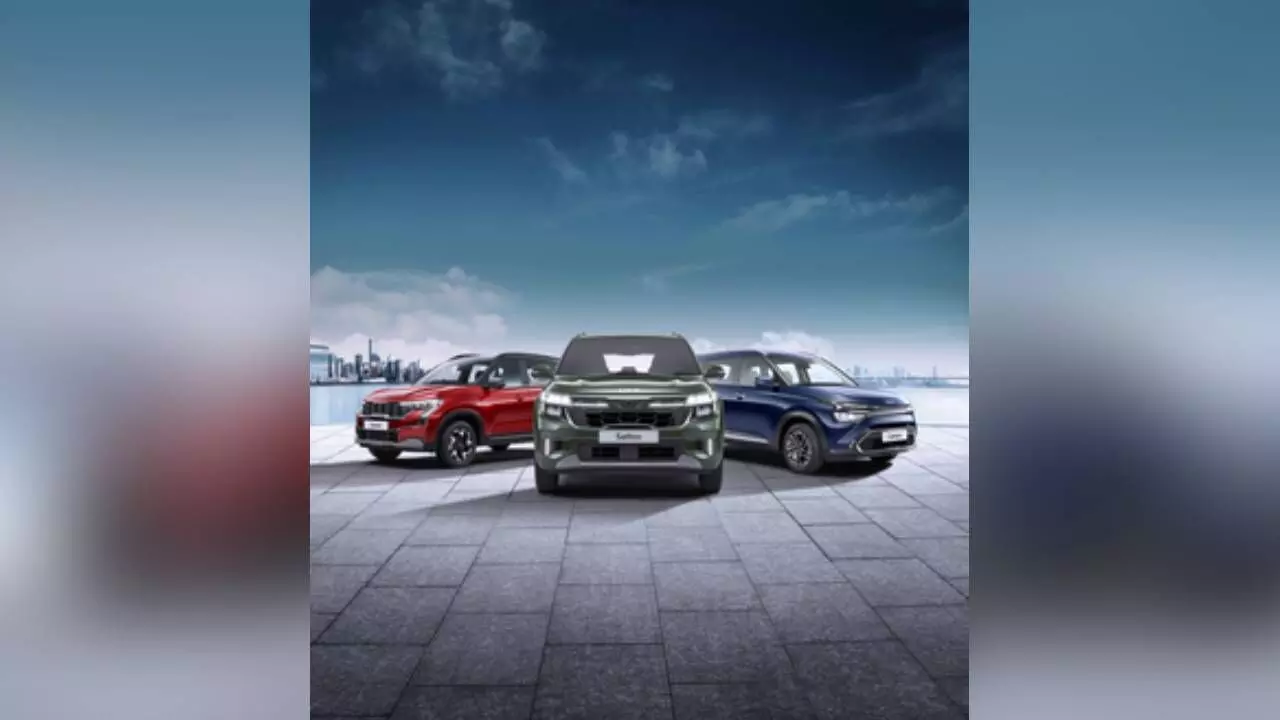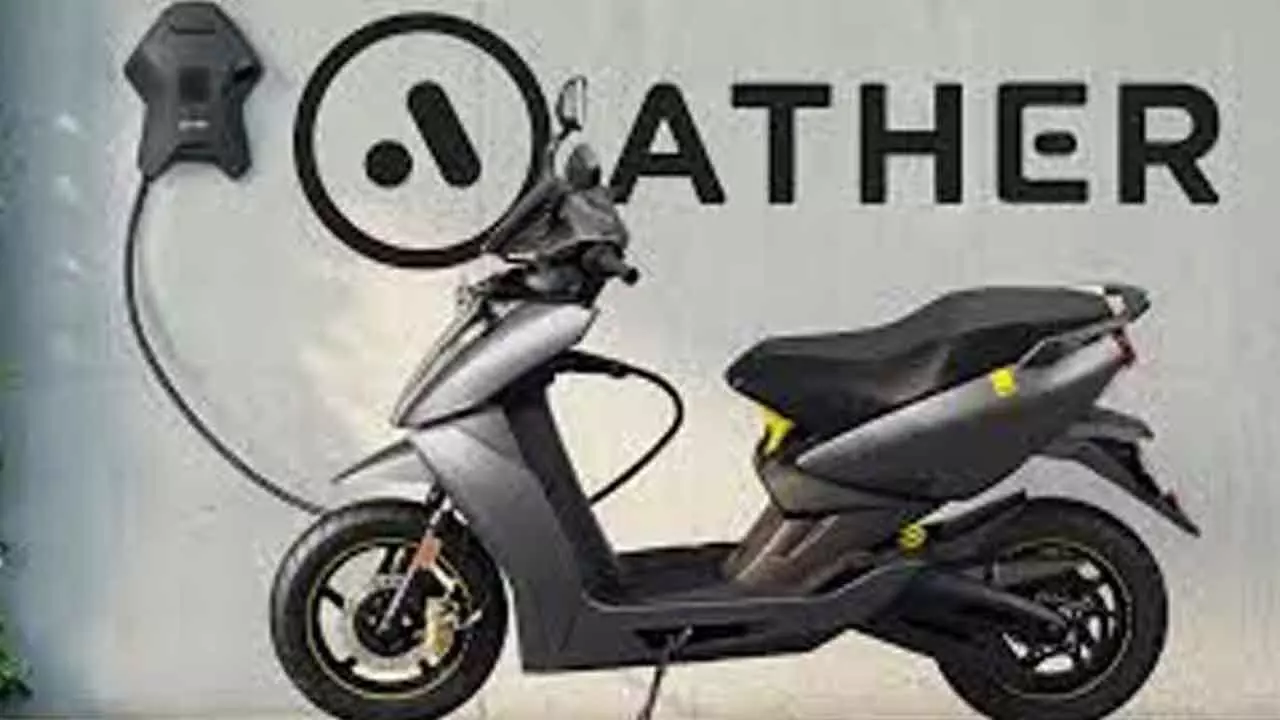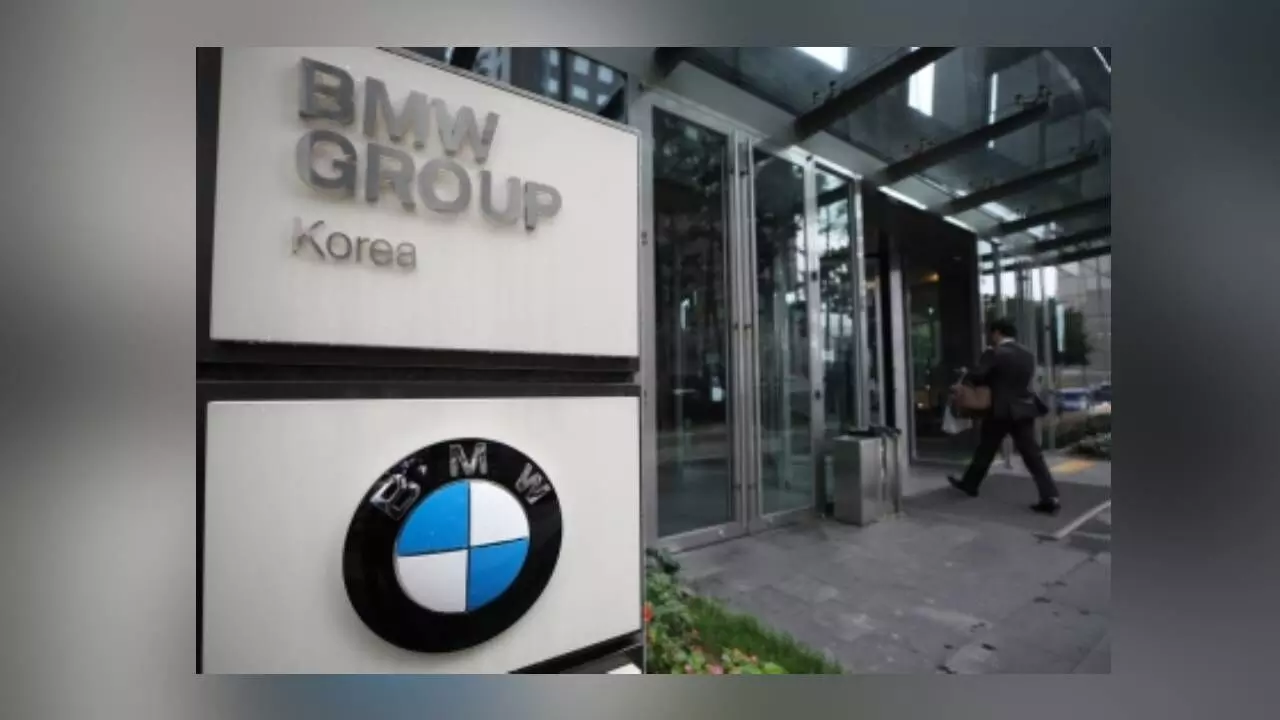
Seoul, Sep 11: BMW Korea and Ford Sales and Service Korea will voluntarily recall over 31,279 vehicles due to faulty components, the transport ministry here said on Wednesday.
BMW will recall 2,787 vehicles across 13 models, including the BMW 520i, due to a malfunction in the advanced steering assistance system, reports Yonhap news agency.
Also, 21,139 vehicles across 15 models, including the Mini Cooper D 5-door, will be recalled due to the potential risk of fire caused by coolant leaks in the exhaust gas recirculation cooler.
Ford will recall 5,911 units of the Aviator SUV, as electromagnetic interference during mobile phone calls in the front seats could cause the 360-degree camera system to malfunction.
Last month, Kia, Tesla and two other carmakers voluntarily recalled more than 100,000 vehicles due to faulty components. The four companies, including Ford Motor and GM Asia Pacific Regional Headquarters are recalling a combined 103,543 units of seven different models.
Also, BMW Korea, Hyundai Motor and two other carmakers voluntarily recalled more than 172,000 vehicles due to faulty components. The four companies, also including Kia and KGM Commercial, recalled 172,976 units of 103 different models.
The recall happened due to an error with the airbag module inflator of some BMW 320d units and a wiring error of the second-row seats of over 43,000 units of Hyundai Motor’s Santa Fe SUV.
In July, Kia, Nissan Korea and three other carmakers voluntarily recalled more than 1,56,000 vehicles due to faulty components. The problems that prompted the recall include poor durability of the electronic control hydraulic unit of 1,39,478 units of the Sorento SUV model.
Around 8,802 vehicles across eight Nissan models, including the Q50 model, were found to have defective manufacturing of the propeller shaft.

